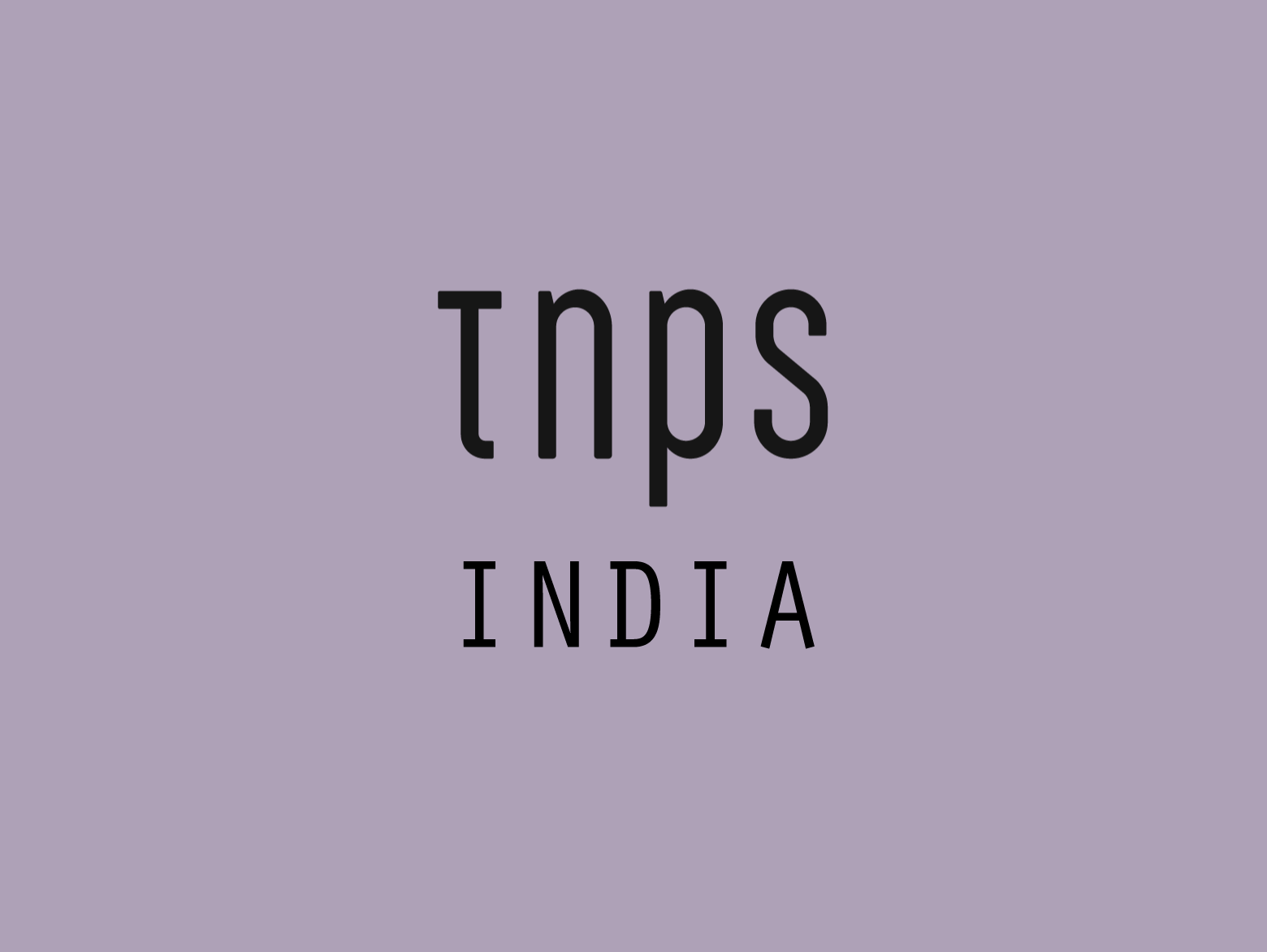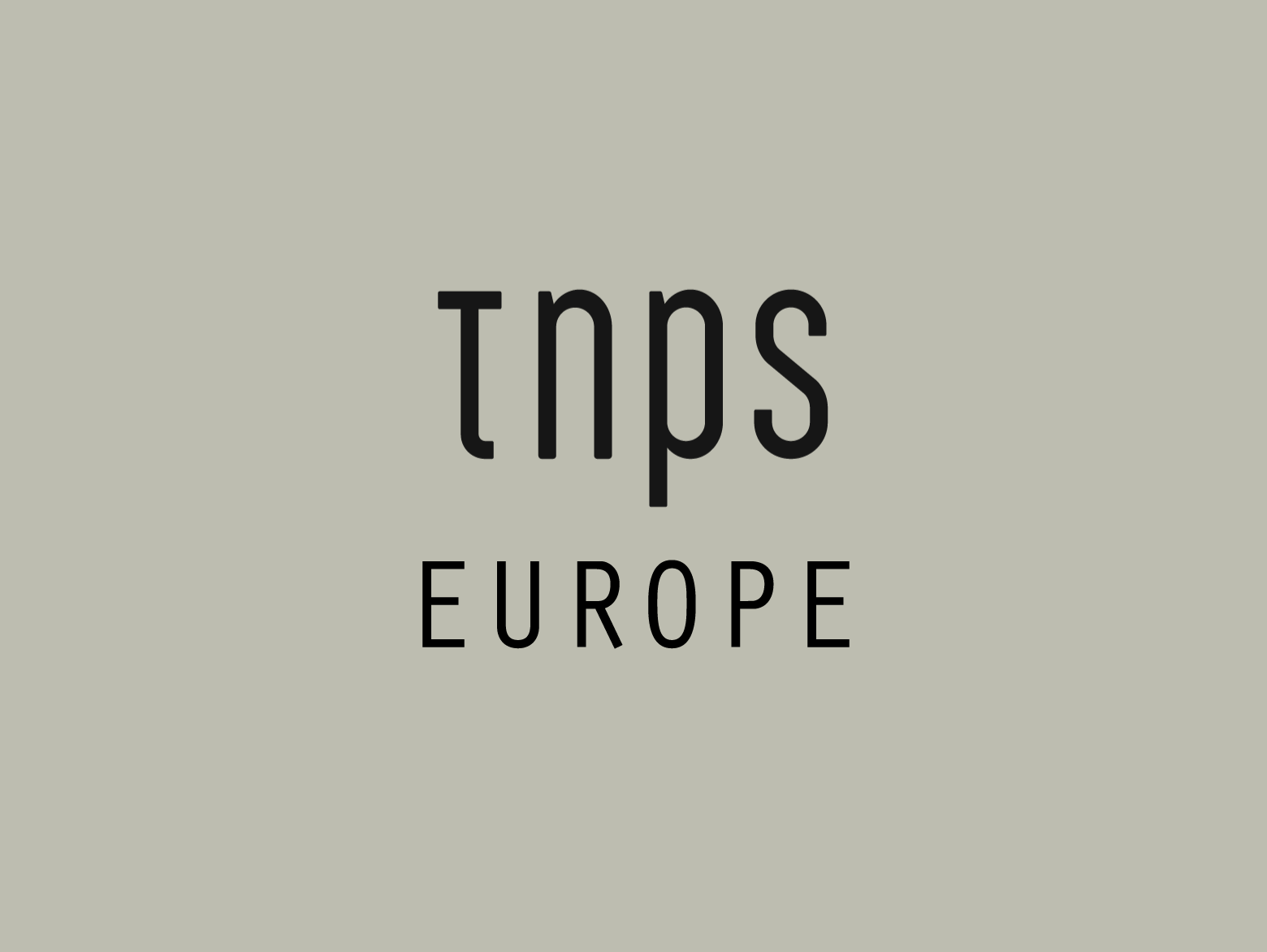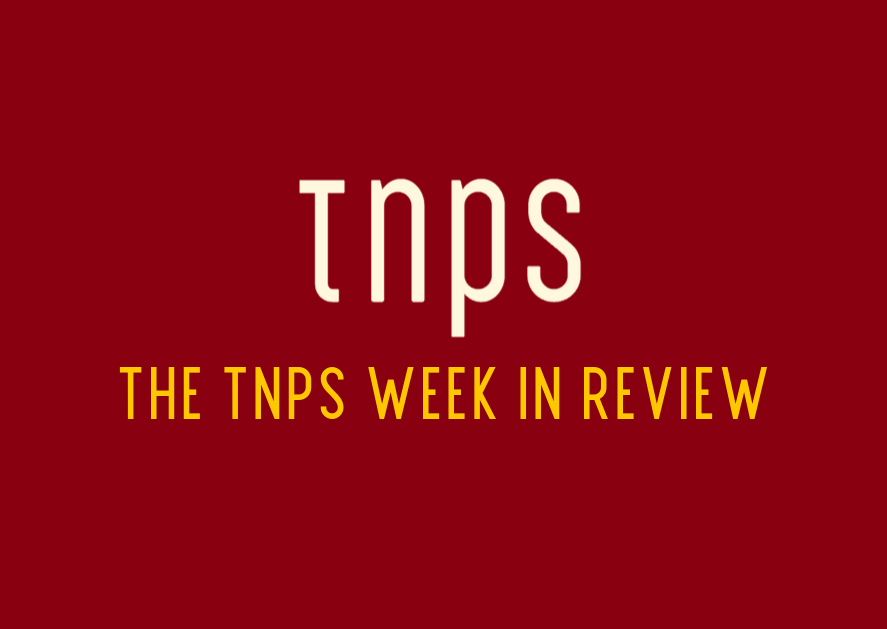For a paper-importing country like India, rising paper prices pose a more serious challenge in coming years than online price discounting and the rise of ebooks. As Indian publishers strive to find and retain readers in a price-sensitive market so these challenges mount.
Some, it seems, prefer the ostrich approach to dealing with arising problems: Bury their heads in the sand and hope the problems go away.
Readers are buying from online retailers instead of regular bookstores? Just ignore that sales opportunity and hope the readers come to their senses.
Readers are buying ebooks instead of real books made of paper and ink? Let them buy some other publishers’ books instead. Who needs all those extra sales anyway?
Then there are others, including some of the country’s largest publishers, that do understand the value of ebooks, but, don’t laugh, they think that because India is only at 34% internet penetration it means ebooks simply aren’t worth seriously investing in for a few years yet.
That was the line of a rep of one of the biggest Indian publishing houses a few months back. They will remain nameless.
Here just to say that 34% penetration equates to, at Dec 2017 figures (end 2018 numbers will be higher still), 462 million people online. That’s 150 million people more than the US online population of 312 million.
And India publishers who do invest in ebooks also get the international reach that print books cannot easily match.
At which point let’s return to Niyogi Books, founded by Bikash De Niyogi in 2005 and a publisher of, among others, large-format and high-quality award-winning illustrated books. Niyogi Books is now widely recognised for its diverse range of high-grade books from history, heritage, art, photography, culture, travel, and textile.
While aimed at the Indian market the Niyogi titles are distributed in Pakistan, Bangladesh and Nepal as well as the US, UK and Thailand.
By keeping his printing in-house Niyogi can remain competitive despite producing necessarily expensive books. But Niyogi also sees the bigger picture, adapting to the fast-growing Indian local-language market and also the Indian digital opportunity.
Next month Niyogi Books will for the first time release 12 new titles in Hindi, under the purpose-built imprint ‘Bahuvachan’.
In a nod to Niyogi’s embrace of digital the publisher laments that there is not yet any good proofreading software for the Hindi language, making Hindi translations more labour intensive than for English.
To maintain good-quality production to match the international standards, automation is a must. Since there is a lack of enough skilled manpower, automation is the way to move forward. Niyogi Offset has around 150 machines from pre-press to printing and post-press operations, and it is now relying more and more on automation for better productivity as well as quality.
As to ebooks, Niyogi sees an ironic benefit in ebooks as the producer of large format coffee-table titles, explaining that while readership is increasing,
printed books do demand a lot of space. People owning small houses and flats don’t have much space to store these books. So the medium of readership might be changing with the coming of digital books and audio books. We don’t mind the change in medium as long as the readership is there.
Other publishers in India would do well to adopt similarly broad, multi-format perspective.
Main story via Indian Printer & Publisher.





